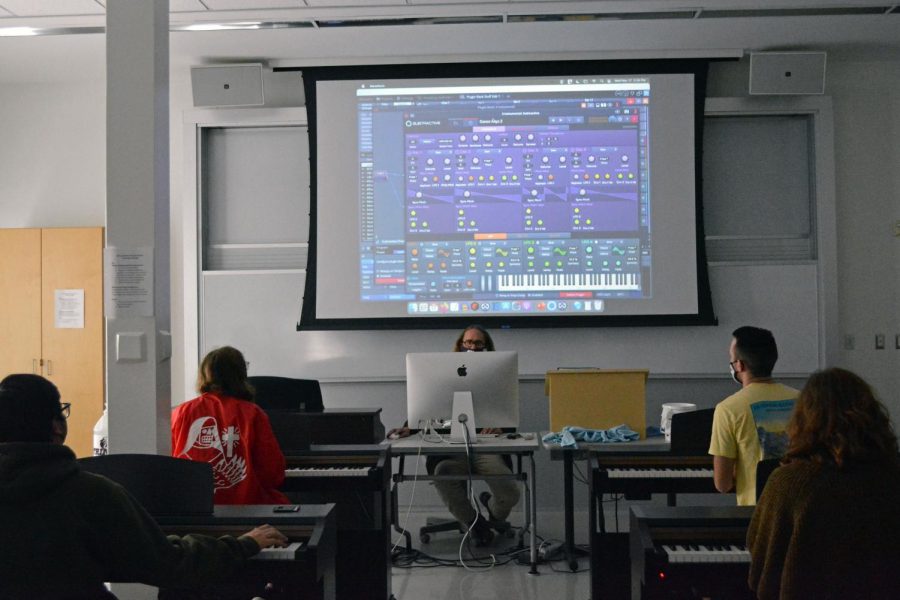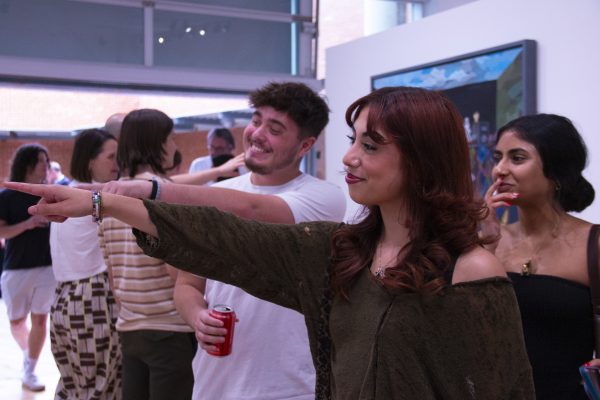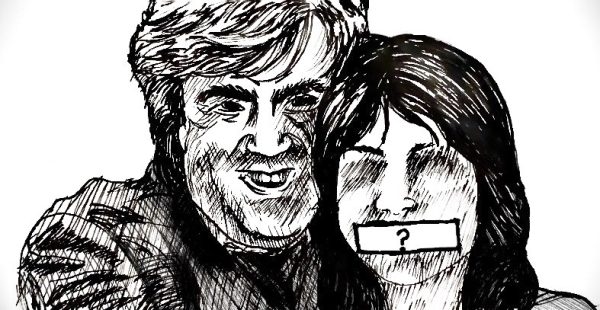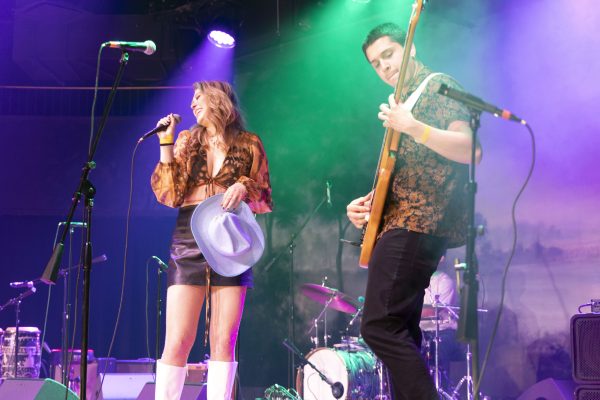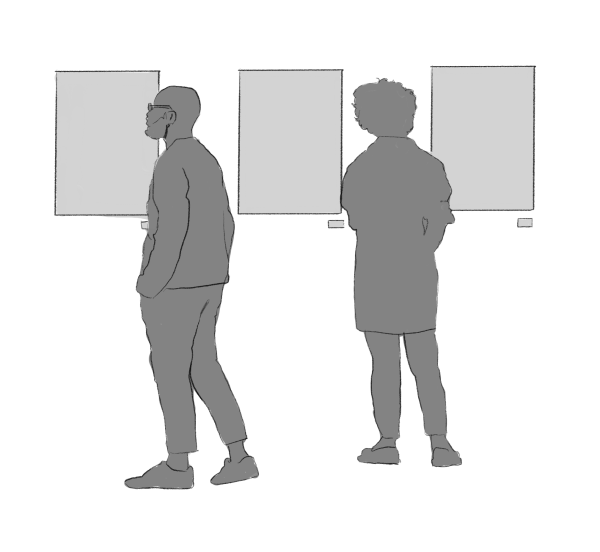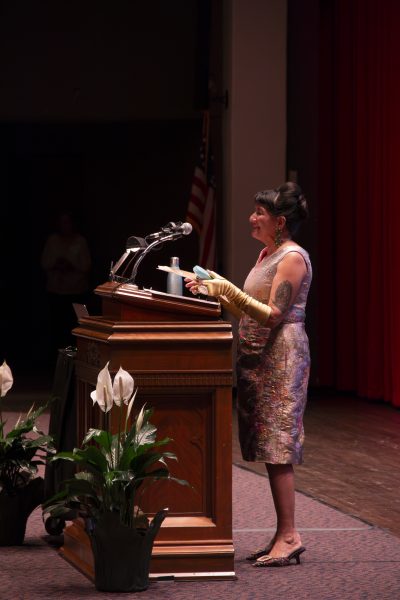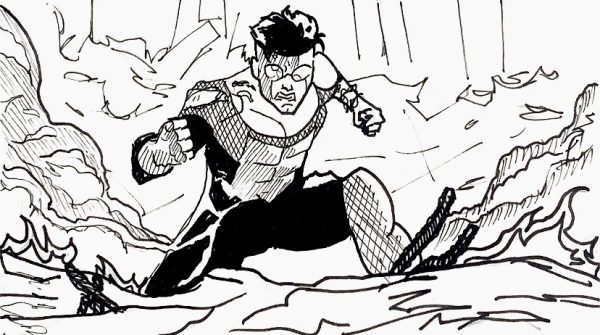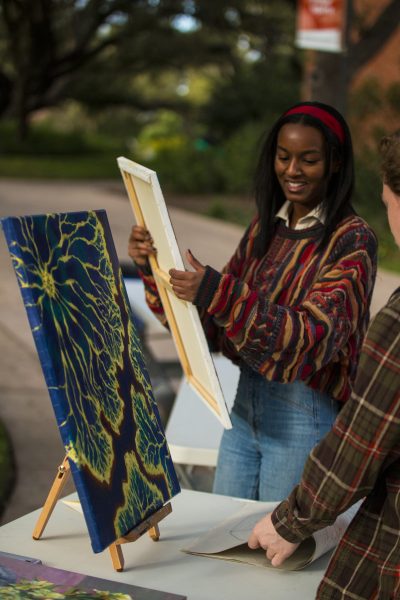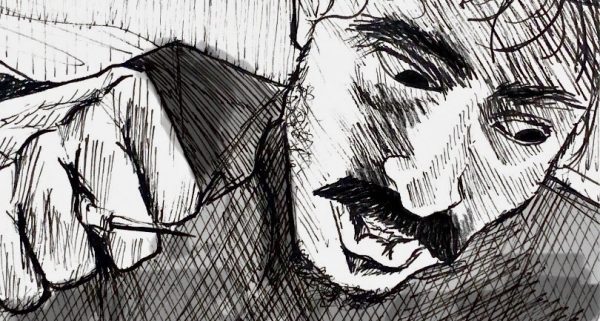Electronic music class encourages creativity
Trinity students are making their own electronic music
Interested in broadening your music tastes? The Electronic Music class, taught by Brian Bondari, associate professor of music, exposes students to the history of electronic music while encouraging them to create their own electronic music compositions. Students enrolled in the fall 2021 section of the course performed their pieces at a recital on Nov. 16 in the Ruth Taylor Recital Hall.
Although it is an upper-division music course, there is no prerequisite or requirements needed to take the electronic music course, so anyone at Trinity is eligible to take the course regardless of academic background; although, Bondari said that it helps to be able to read music at least to some degree.
“It is not required to be able to read music and people prove every year that they can successfully take the course and do well without the ability to read music whatsoever,” Bondari said.
Emily Warkentin, senior psychology and music double major, said that her music background was inescapably beneficial for her in the course, but that other students shouldn’t be deterred from taking the course because of a lack of musical training.
“I would recommend this class to others because I have enjoyed getting to see the different perspectives of people who haven’t been trained the same way. I enjoy it because it helps me grow in my understanding of music as well,” Warkentin said.
The course gives students the casual space to be creative and try new things with their production of electronic music. Additionally, the class is the only one in the music department to offer a digital literacy credit for pathways.
Bondari said that his two main goals were to create competency among the students in their usage of tools and techniques needed to create electronic music, regardless of the style in which they want to create and to expose students to electronic music that goes beyond EDM.
In preparation for the recital, each student in the course created a 4-5 minute composition that included a visual video element so that the audience had something to look at while the electronic recording was played.
Ollin Morales, junior communications and computing double major and new media and Spanish minor, said that the class is pretty fulfilling although it’s a lot of work. As someone who has never been in a position to be able to make art, Morales said that making music in this class is a really cool way to do stuff that he normally wouldn’t be able to do.
“It’s definitely going to demand a lot from you both creatively and technically, but I’d recommend it,” Morales said.
After the recital, students in the electronic music class will work with the video game design class to craft music for the title screen, main menu, and different levels of whatever game the video game design class is creating. Bondari said that he is looking forward to the final exam when his class and the video game design class will meet up to play the games they created the music for.
“I would say that electronic music is one of my favorite classes to teach, partly because it allows me to meet a huge variety of students from across every discipline on campus and we get to make music together. That is a beautiful thing,” Bondari said.
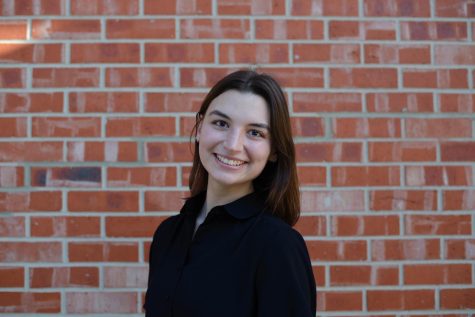
My name is Ashley Allen and I am a senior completing a BA in art history at Trinity University, with a minor in Medieval and renaissance Studies. I hope...

I am a senior photographer from Houston, Texas majoring in Biology on the pre-PA track. I love sports photography and just being able to capture a moment...

